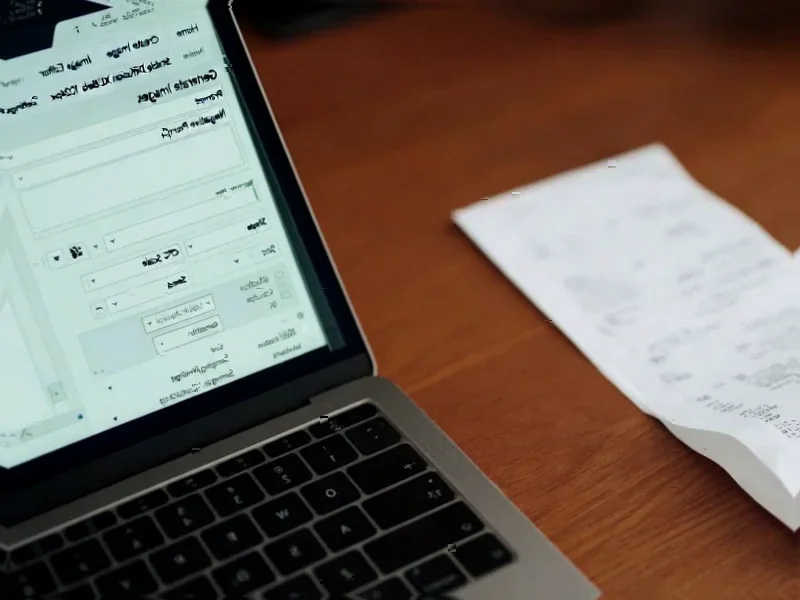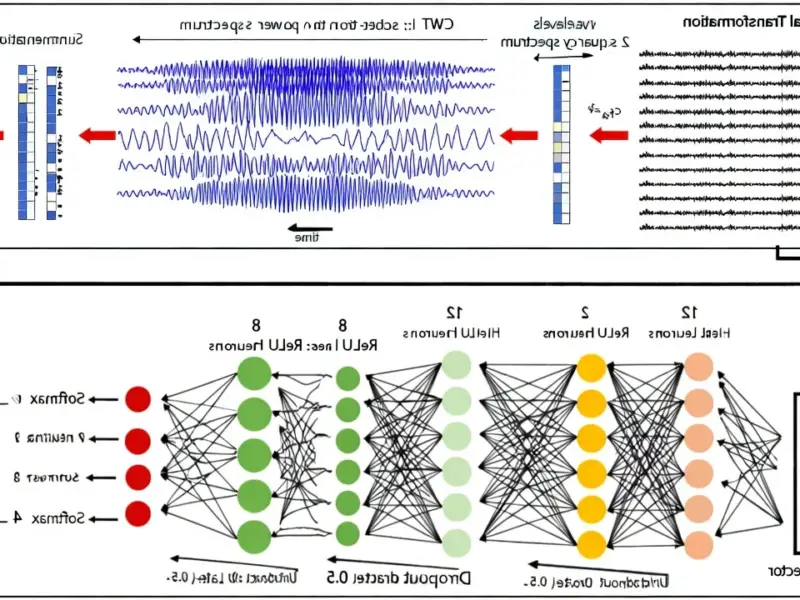According to Fast Company, Stability AI largely won its UK High Court battle against Getty Images over copyright infringement claims. Getty had accused Stability AI of scraping 12 million images from its website without permission to train its popular Stable Diffusion image generator. The closely watched case was among the first major legal battles involving generative AI training data. Tuesday’s ruling provides some legal clarity but still leaves significant unanswered questions about copyright and AI systems. Tech companies have long argued that fair dealing doctrines in the UK allow them to train AI on large collections of copyrighted works.
What This Actually Means
Here’s the thing – this isn’t a complete victory for Stability AI, but it’s pretty close to one. The court largely sided with them, which is huge when you consider Getty was asking for billions in damages. Basically, the ruling suggests that training AI models on publicly available data might fall under fair dealing in the UK, similar to fair use arguments in the US.
But don’t think this settles everything. The court still needs to rule on some remaining claims, and Getty’s parallel lawsuit in the US is still very much alive. It’s like winning a major battle but knowing the war isn’t over yet.
The Bigger Business Picture
Look, this case was never just about 12 million images. It was about the entire business model of generative AI companies. If Stability AI had lost, it would have thrown their entire training approach into question. Can you imagine having to license every single piece of training data? The costs would be astronomical.
Stability’s whole positioning relies on being able to train their models at scale without getting permission from every copyright holder. This ruling basically validates their approach in the UK market. And that’s crucial because other AI companies are watching this closely – if Stability’s model holds up in court, it becomes the playbook for everyone else.
What Comes Next
So where does this leave us? Well, we’re still in the early days of AI copyright law. This ruling provides some guidance, but it’s UK-specific and doesn’t create binding precedent elsewhere. The US cases are still pending, and let’s be real – American courts tend to set the tone for global tech regulation.
The real question is whether this pushes companies toward licensing deals anyway. Even if scraping is legally defensible, is it the best long-term strategy? Some AI firms might decide that avoiding legal uncertainty is worth paying for licensed content. Others will probably follow Stability’s lead and fight it out in court.
One thing’s for sure – this isn’t the last we’ll hear about AI and copyright. This ruling just opened the next chapter in what’s going to be a very long story.




